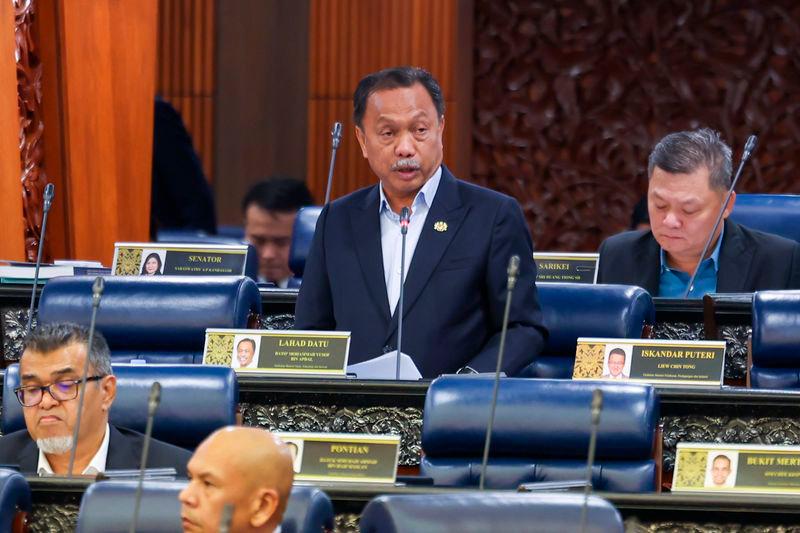KUALA LUMPUR: The Ministry of Science, Technology and Innovation (MOSTI) is studying the possibility of developing a Large Language Model (LLM) in Bahasa Malaysia through collaboration with local universities and companies, the Dewan Rakyat was told today.
Its Deputy Minister Datuk Mohammad Yusof Apdal said one of the key partners in the initiative was Mesolitica, a local company that had developed a LLM in Bahasa Malaysia known as MaLLaM, or Malaysia Large Language Model.
“MaLLaM is produced entirely using local databases and datasets and has the ability to understand our language and culture more deeply. MIMOS (the Malaysian Institute of Microelectronic Systems), an agency under MOSTI and Mesolitica are actively working together to enhance the capabilities and effectiveness of this model.
“This collaboration will also involve Dewan Bahasa dan Pustaka (DBP) in the future to enrich Bahasa Malaysia,” he said during the question-and-answer session.
He said this in reply to a supplementary question from Lee Chean Chung (PH-Petaling Jaya), who asked whether the ministry would collaborate with DBP to ensure that the LLM is both unique and suitable for the development of the country’s official language.
Responding to Lee’s original question on whether the ministry would develop its own LLM and the measures taken to ensure local values and culture were preserved, Mohammad Yusof said MOSTI had held a series of discussions with various ministries and government agencies, including the Health Ministry, the Digital Ministry, and the Prime Minister’s Department, to develop a local LLM.
He said the development of the LLM would adhere to the Guidelines on Artificial Intelligence Governance and Ethics (AIGE), which were launched on Sept 20.
“The Guidelines on AIGE serve as one of the mechanisms to promote and encourage the responsible use of AI technology in the country. Adherence to these guidelines will ensure that the LLM is developed without neglecting local values and culture,” he said.
Mohammad Yusof said that the development of the LLM would help support the local AI ecosystem, reduce reliance on foreign AI technologies, enhance decision-making and task automation, and facilitate research in various sectors by adapting global AI knowledge to local languages and needs.
However, he said that the development of LLMs or AI models involved substantial costs and required specialised equipment, which was usually implemented in cloud-based high-performance computing (HPC) centres.
“The initial hardware investment costs could be reduced by utilising services from cloud service providers such as Microsoft Azure, OpenAI, and Amazon Web Services (AWS).
“However, there are concerns about data security as the data will be stored overseas, which poses a risk of confidential data leakage,” said Mohammad Yusof.
As such, he said MOSTI, through MIMOS, was looking into the use of competitively priced computing infrastructure that would ensure the safe handling and refinement of proprietary data.
According to Mohammad Yusof, the use of aiDAPTIV+ technology in collaboration with Phison had led to a reduction in costs and an improvement in data security.
“aiDAPTIV allows users to train and optimise AI models using confidential data on their own premises and reduce the risk of data leakage,” he said.
In response to a supplementary question from Mohd Nazri Abu Hassan (PN-Merbok) on the coordination of the AI framework among ASEAN countries, Mohammad Yusof said that ASEAN had issued a guide on AI governance and Ethics on Feb 2, which serves as a practical resource for organisations seeking to implement AI technology commercially in the region.
“This guide aims to promote alignment within ASEAN and improve the interoperability of the AI ??framework across member countries,” he said.









